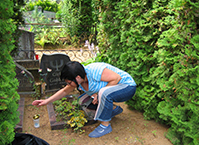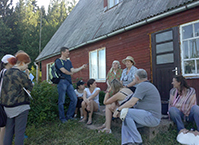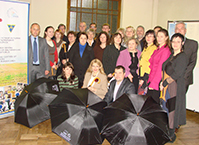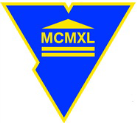In former days, this tradition was very popular, very common. It is said that now it has been lost. This tradition is joint work.
Categories: Dagnija Bramane
You are right; one man cannot do as much as all together. Traditionally, in our area this tradition of joint work has been preserved. It usually manifests itself more like the so-called potato joint work, when relatives and neighbours come together to work. Then we all together lift potatoes. And it is interesting that this tradition is maintained also at our neighbours’. Then it goes on like this, if there is joint potato digging planned, then on one day it takes place at one neighbour, and then all the neighbours go to help him. When his potatoes have been lifted, then the next day everybody goes to the other neighbour. Thus all together people can help each other very quickly.
Besides, also the so-called dung joint work has been preserved, when, in the autumn it is necessary to cart out dung and take it round all the fields and gardens. All the neighbours come together also in this case. Nowadays, it is not manual work anymore, when it is done with a horse; now it is done using tractors and machinery. But the very tradition has been maintained: the neighbours come together with their tractors and they take dung around the fields of one
Audio
Researcher: Dr. philol. Valentīns Lukaševičs, Daugavpils Universitāte










